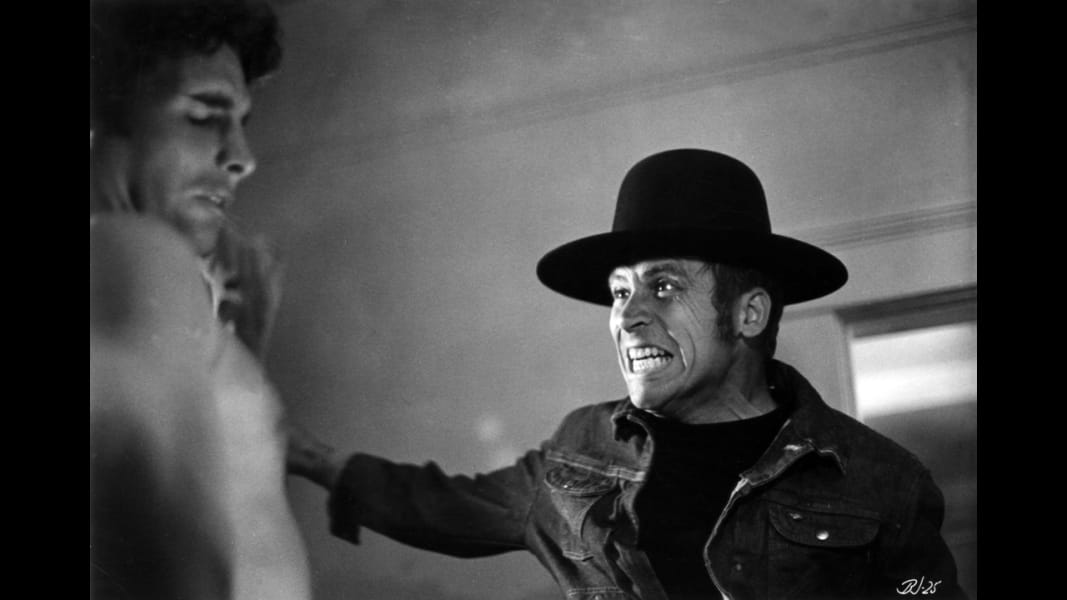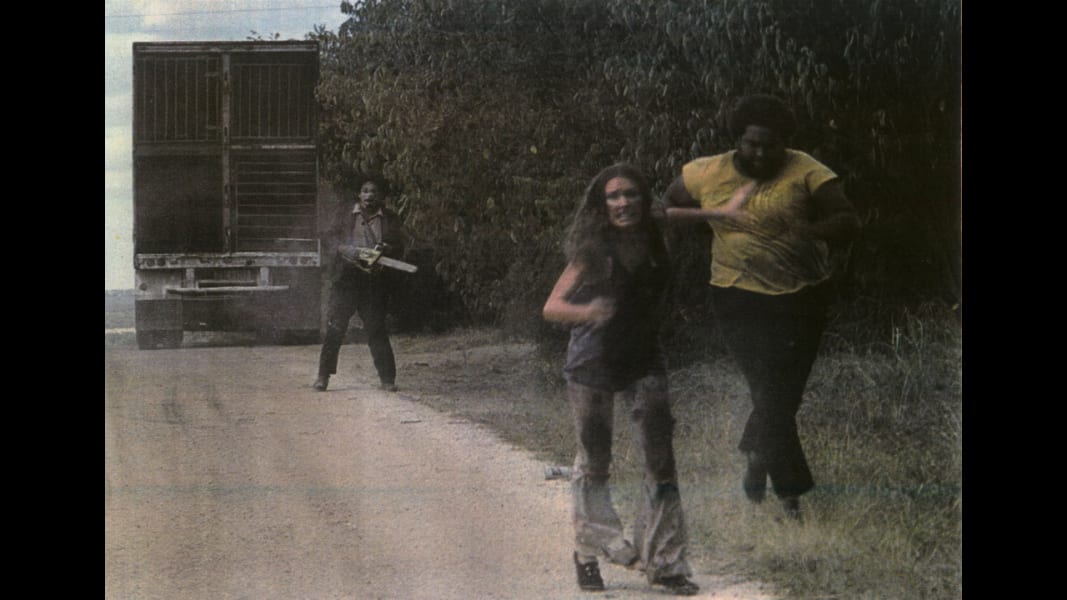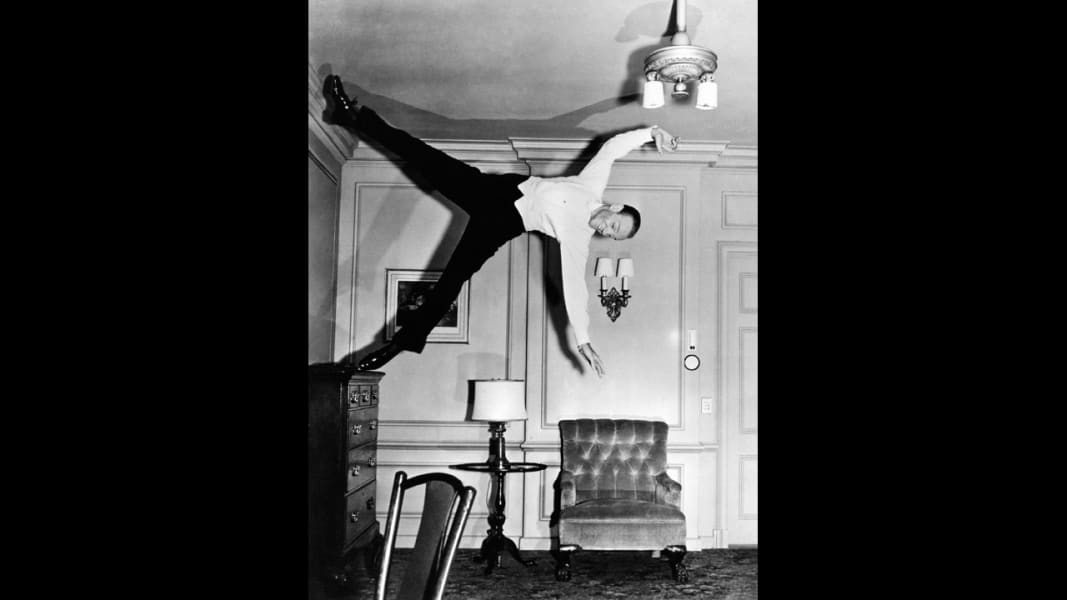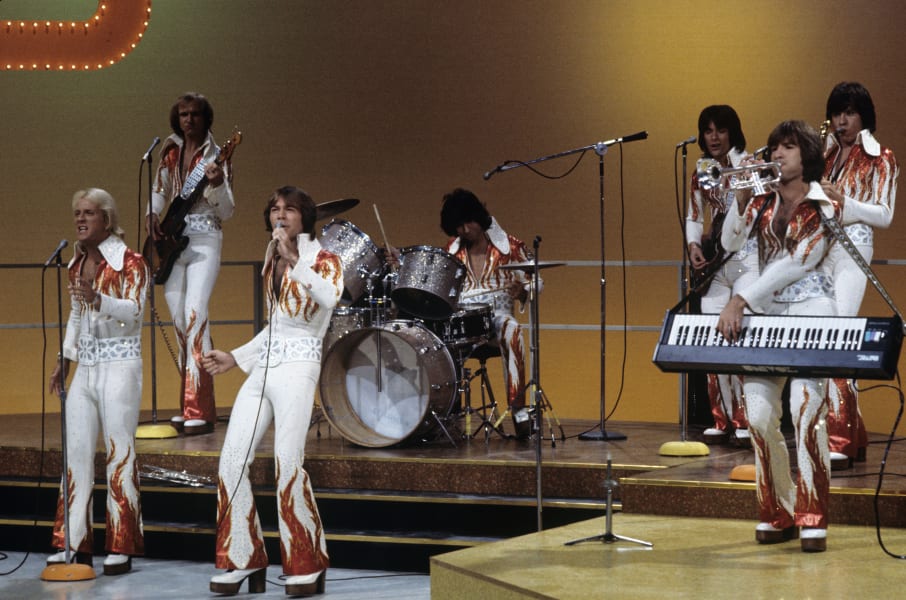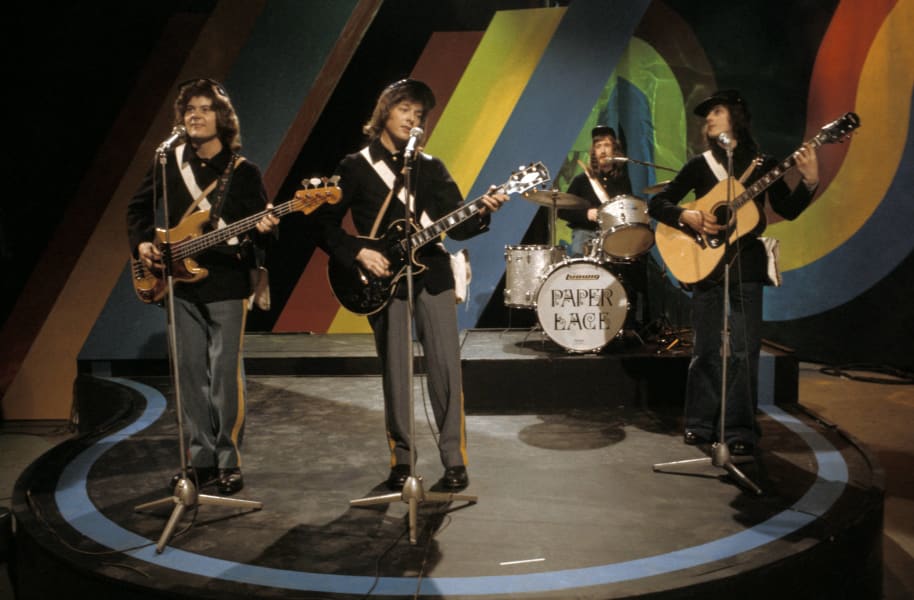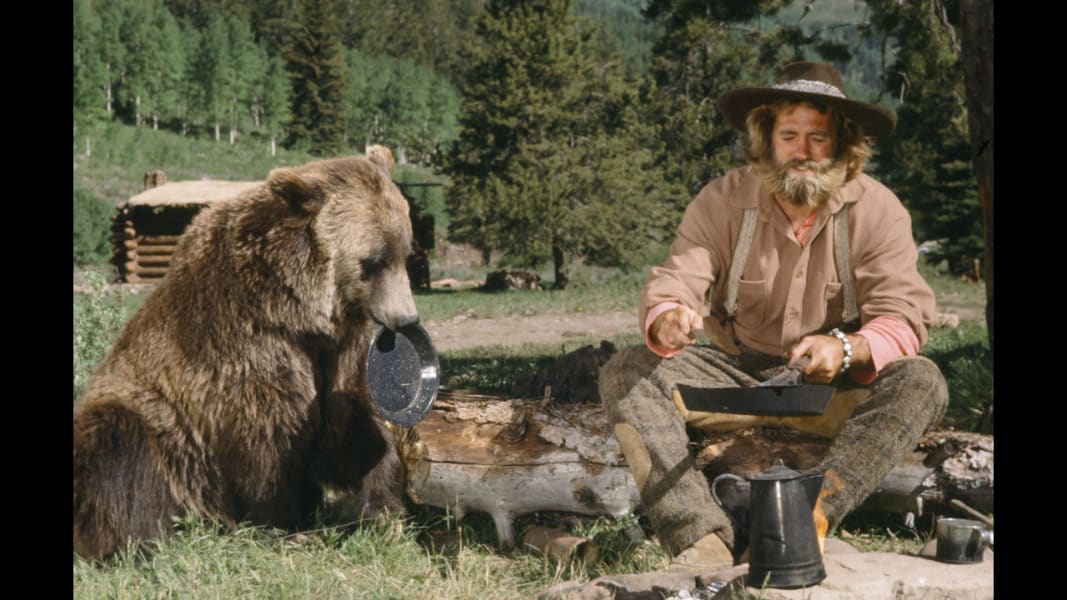Share
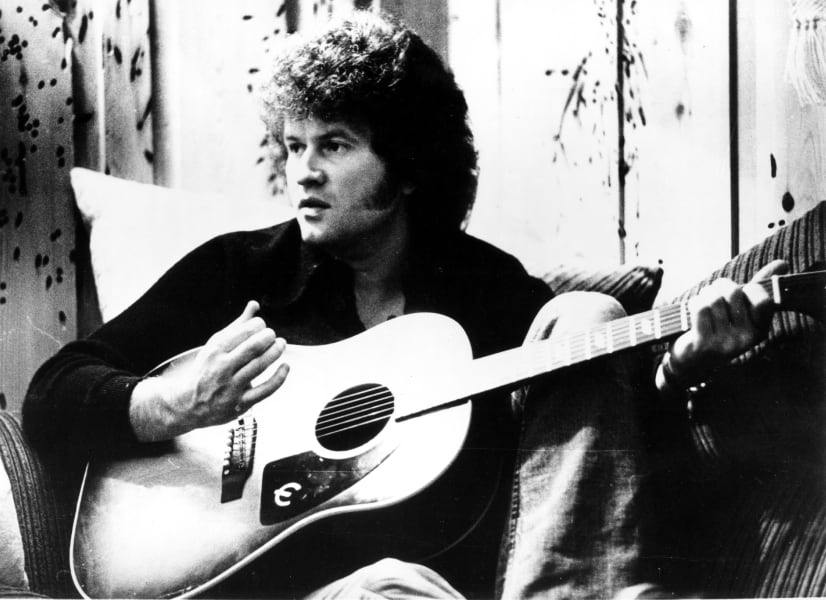

1 of 20
There was something draining about 1974. Richard Nixon resigned the presidency; the final pullout from Vietnam was in sight. The pop charts often reflected this fatigue with some of the most criticized music of the rock era -- not least Terry Jacks' "Seasons in the Sun," a Jacques Brel tune with lyrics by Rod McKuen. It spent three weeks at No. 1 in March. Michael Ochs Archives/Getty Images
Bo Donaldson and the Heywoods' "Billy, Don't Be a Hero," about a woman begging her lover not to volunteer for the military, hit No. 1 in June. ABC Photo Archives/ABC via Getty Images
Paper Lace, a British band that had done the original version of "Billy, Don't Be a Hero," topped the U.S. charts themselves in August with "The Night Chicago Died," set on "the East Side of Chicago" (which most people would think of as Lake Michigan, though some of the city has used that term). Both "Billy" and "Chicago" were written by the same songwriters: Mitch Murray and Peter Callander. David Warner Ellis/Redferns/getty images
Maria Muldaur hit the Top 10 with "Midnight at the Oasis," a romantic song that sent camels to bed and maintained that cactus "is our friend." David Redfern/Redferns/getty images
Paul Anka hit No. 1 in late August with "(You're) Having My Baby," a song that won a 2006 CNN.com survey of the worst songs of all time. What a lovely way to say how much you love me, indeed. Paul Natkin/Getty Images
But 1974's music wasn't all bad -- far from it. Stevie Wonder was at his peak. In 1974 he put out the Grammy-winning "Fulfillingness' First Finale" album and hit No. 1 with "You Haven't Done Nothin'." Evening Standard/Getty Images
Singer-songwriter Joni Mitchell hit the Top 10 with her single "Help Me" from her album "Court and Spark," which remains Mitchell's best-selling work. Larry Hulst/Michael Ochs Archives/Getty Images
Elton John mania, which dominated the 1970s, continued in 1974, helped by his late 1973 album "Goodbye Yellow Brick Road." That No. 1 album produced a 1974 No. 1 single, "Bennie and the Jets." John also released the No. 1 album "Caribou" in 1974. Robin Jones/Getty Images
The Three Degrees were one of many acts on the influential Philadelphia International Records who had hits in 1974, including "TSOP" (in which they backed up MFSB) and "When Will I See You Again." Evening Standard/Getty Images
The Ramones played their first show in 1974, helping pave the way for the punk/New Wave movement that produced Blondie, Talking Heads and Patti Smith. In August, not far into their career, they played CBGB for the first time and soon became regulars. Roberta Bayley/Evening Standard/Hulton Archive/Getty Images
1974 is considered a great year for movies. "The Godfather Part II," starring Al Pacino, was a huge success at the box office -- and won best picture at the Academy Awards. Paramount Pictures
Mel Brooks directed two of the year's most popular films: "Blazing Saddles," with Gene Wilder, left, and Cleavon Little; and "Young Frankenstein." courtesy warner bros
"Chinatown," directed by Roman Polanski and starring Jack Nicholson, left, and Faye Dunaway, was a well-received detective story about corruption in 1940s Los Angeles. Paramount Pictures
Albert Finney played Hercule Poirot, Agatha Christie's famed detective, in an all-star version of "Murder on the Orient Express." The film was directed by Sidney Lumet. Paramount Pictures
"The Towering Inferno," starring Paul Newman, left, and Steve McQueen, was the biggest of the year's disaster films. Others included "Earthquake" and "Airport 1975." Twentieth Century Fox
"Benji," about a goodhearted stray dog who saves the lives of two children, was a sleeper hit. It was among the top 10 box-office successes of 1974 and spawned a number of sequels. Paramount/Getty Images
Another surprise hit was "The Life and Times of Grizzly Adams," starring Dan Haggerty as a frontiersman who becomes pals with a bear. The film was later turned into an NBC TV series. Frank Carroll/NBC/NBCU Photo Bank/getty images
"The Trial Of Billy Jack," starring Tom Laughlin, was the sequel to the surprise 1971 smash "Billy Jack." It was even more successful at the box office than the first film and helped pioneer the idea of the wide release. Michael Ochs Archives/Getty Images
"The Texas Chain Saw Massacre" was an early example of the slasher film -- considered so violent at the time that it was dropped from many theaters. Marilyn Burns, Ed Guinn and Gunnar Hansen starred in the work, directed by Tobe Hooper. Vortex/Bryanston Pictures
MGM mined its vaults for musical clips -- including this one of Fred Astaire in "Royal Wedding" -- for "That's Entertainment," touted with the tagline, "Boy, do we need it now." MONDADORI PORTFOLIO/everett collection
